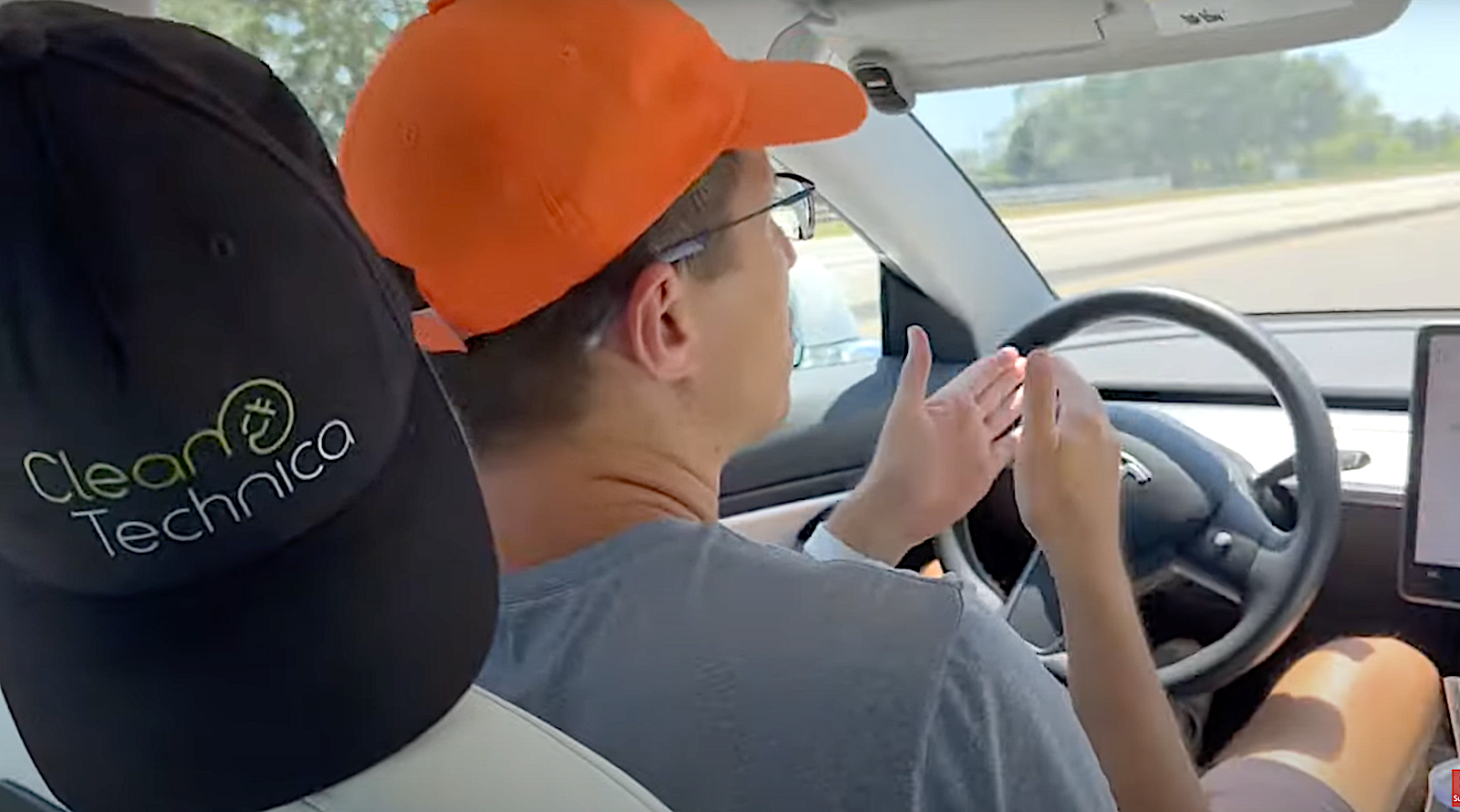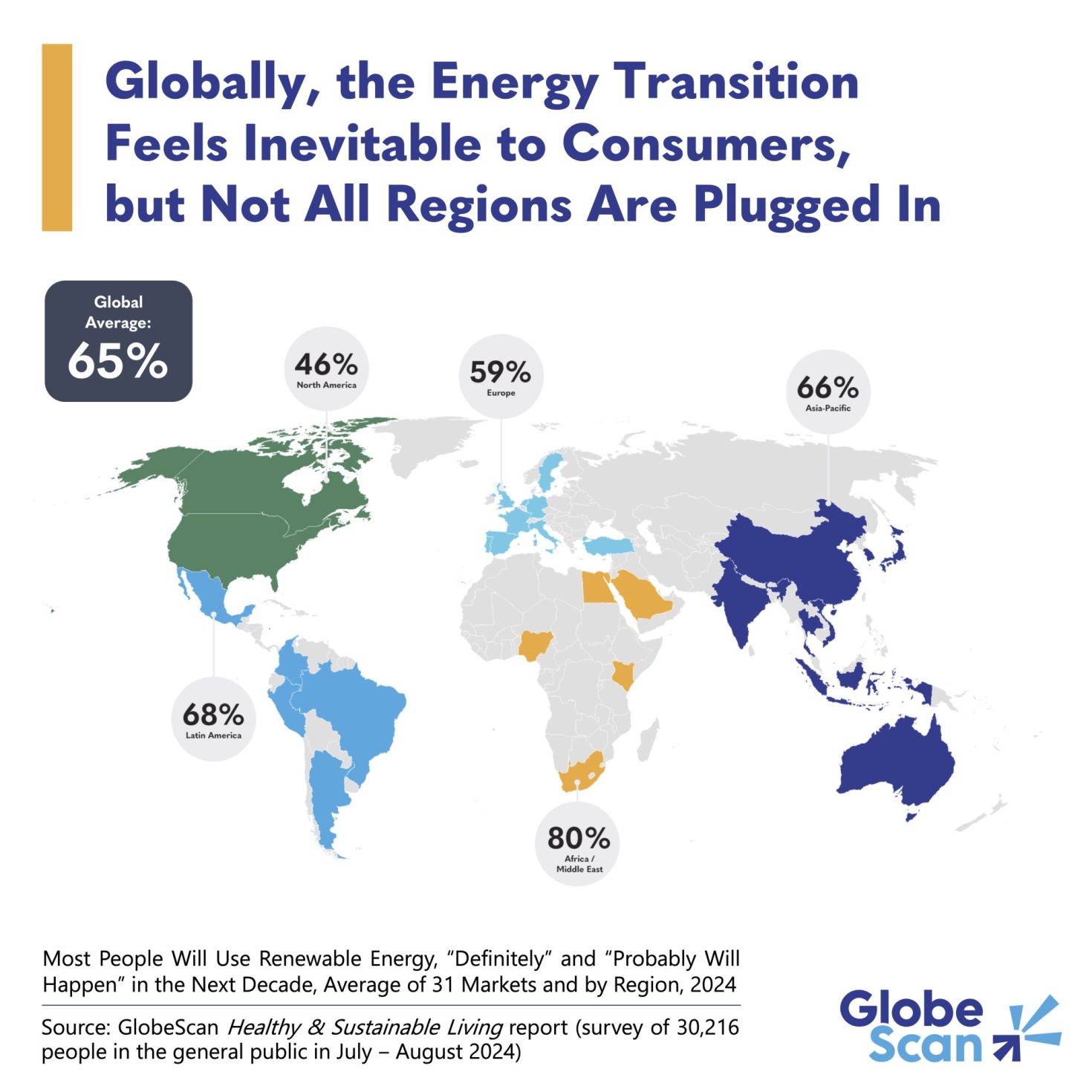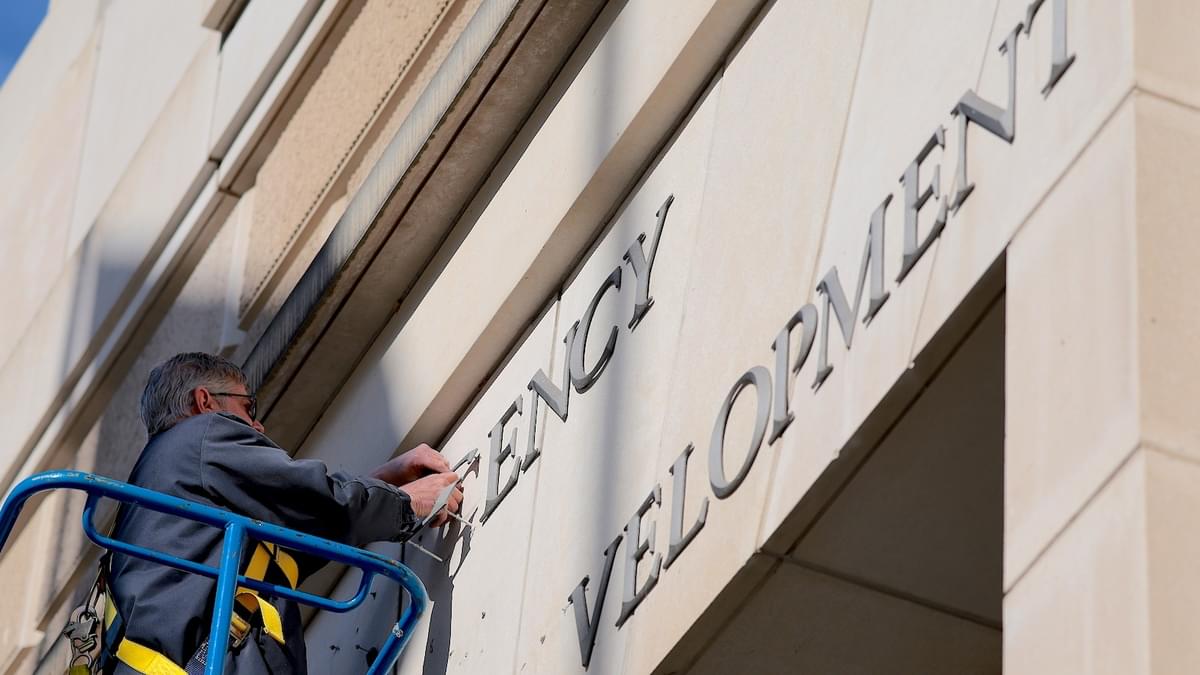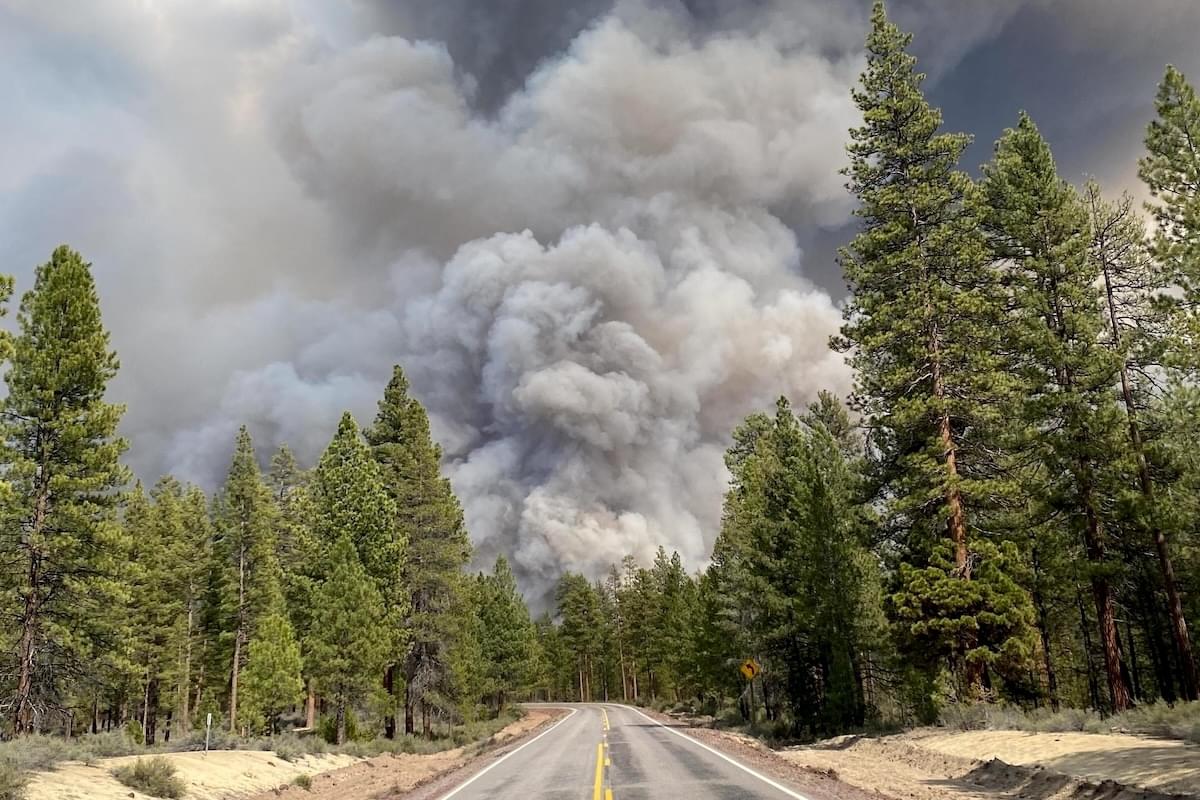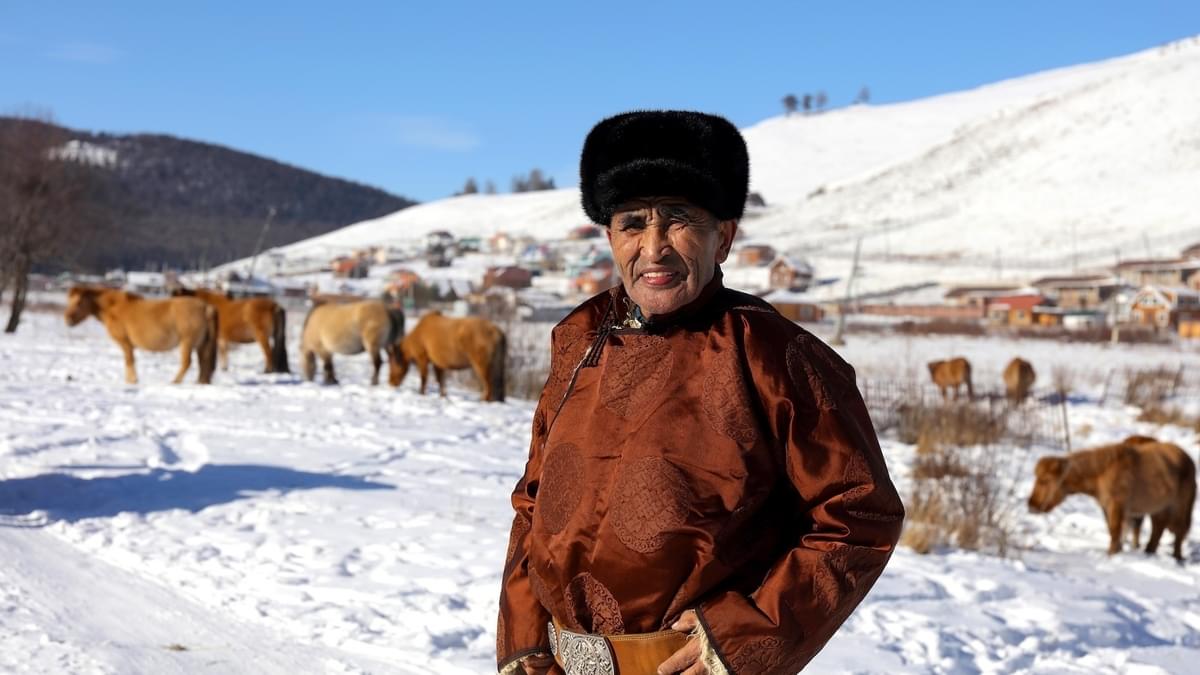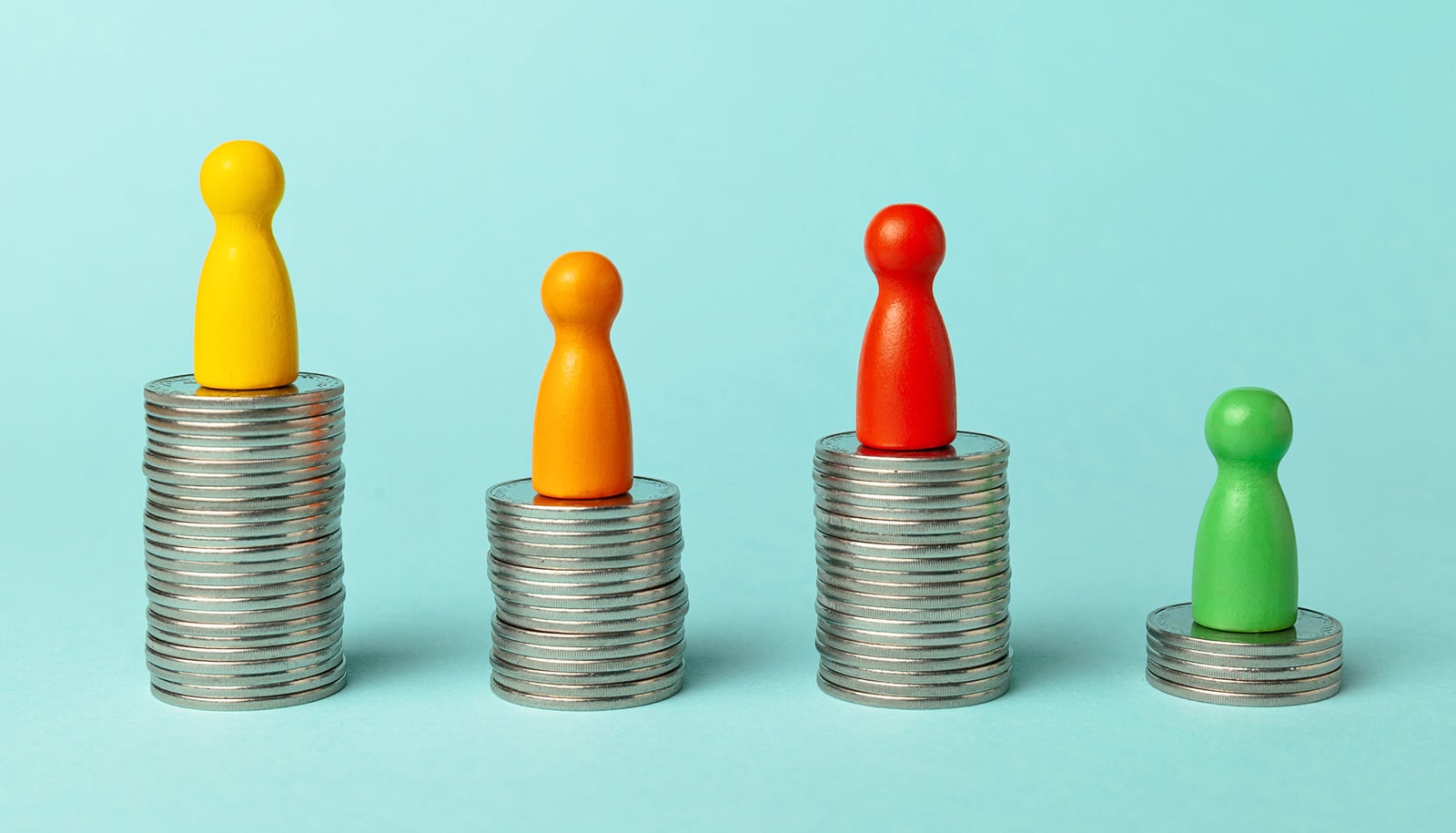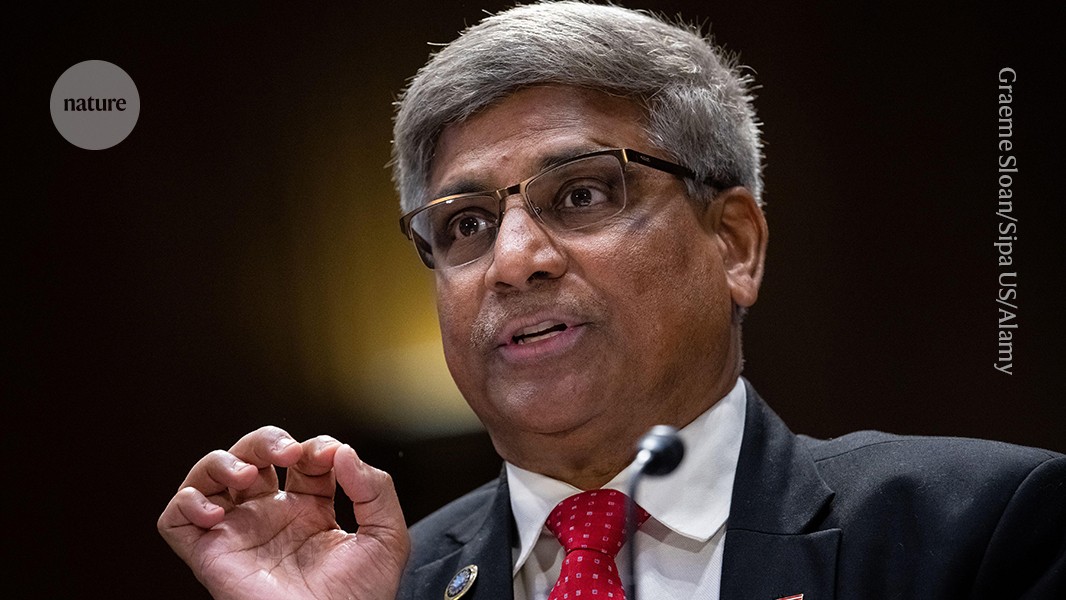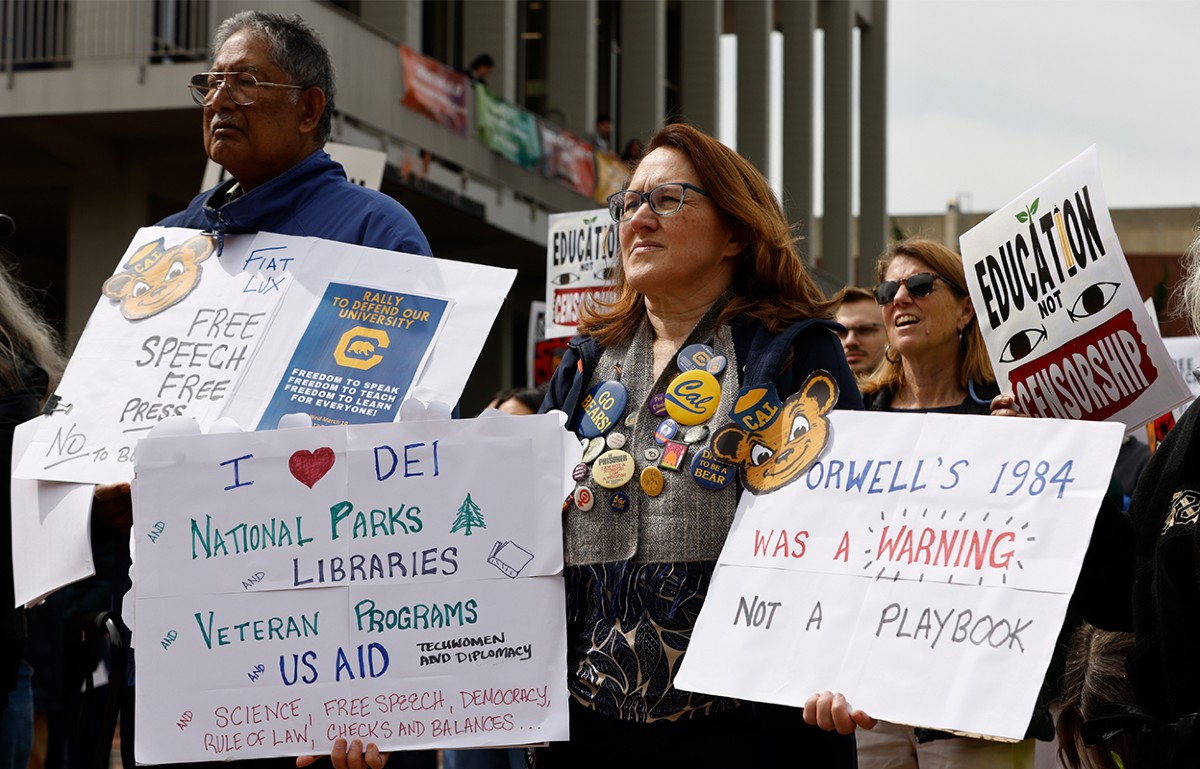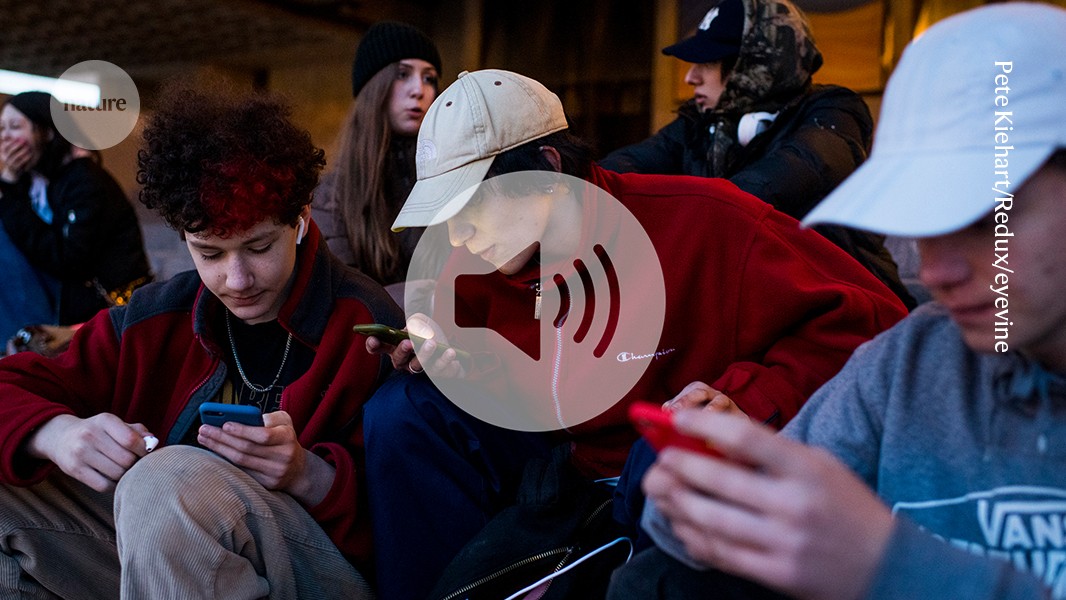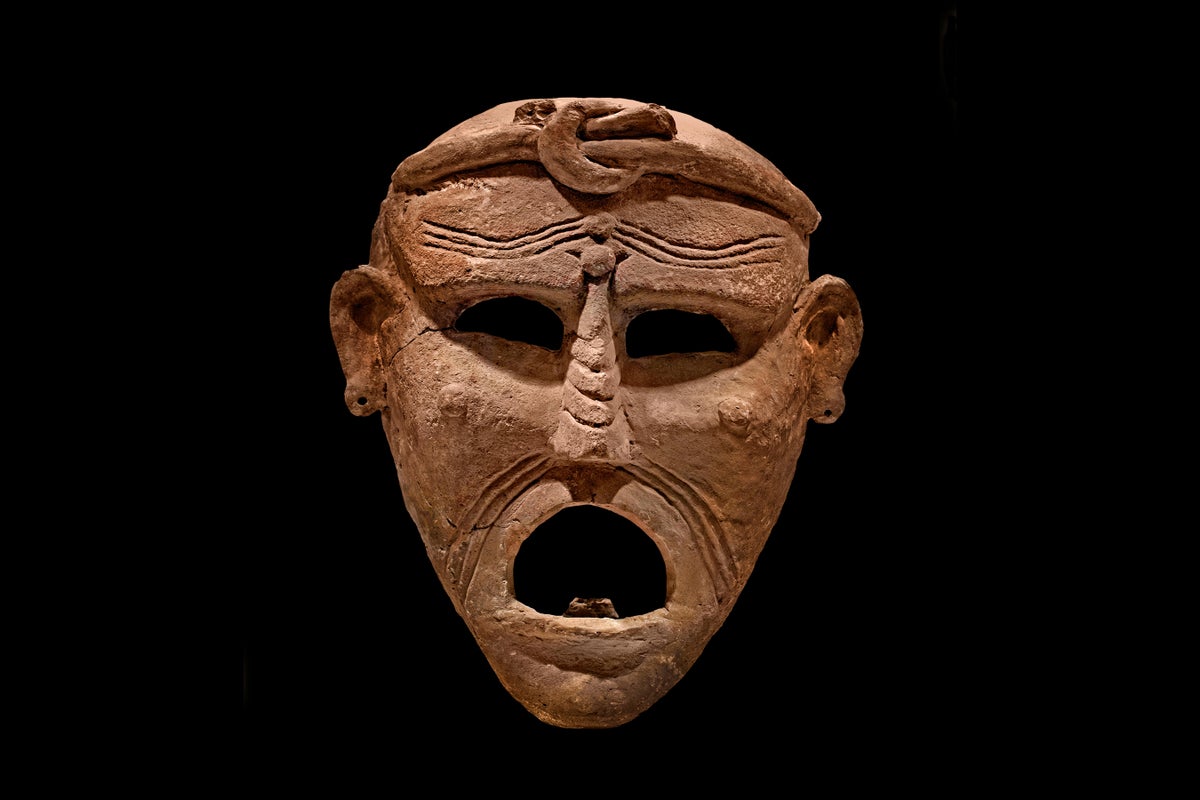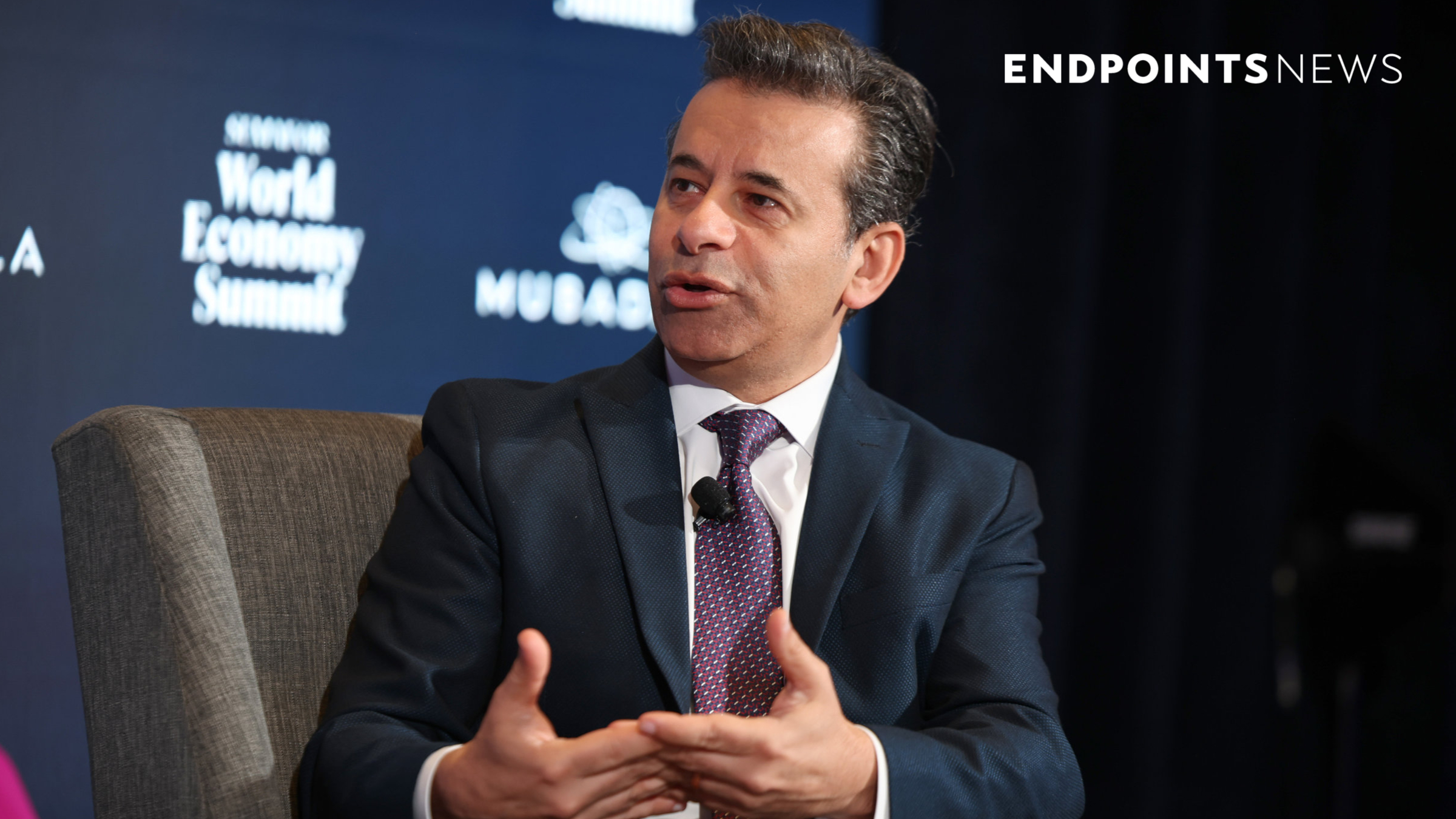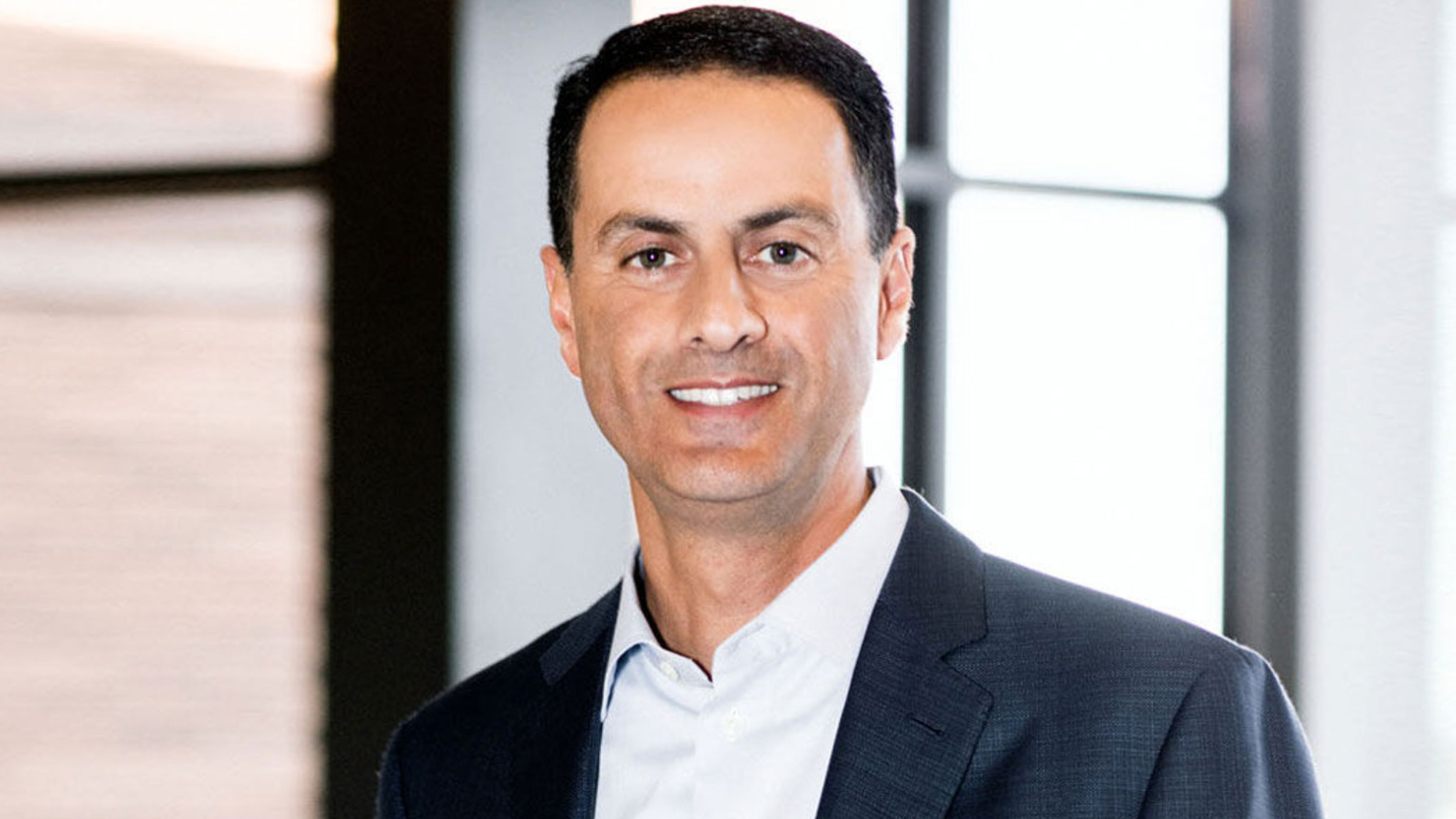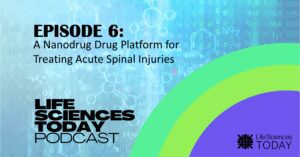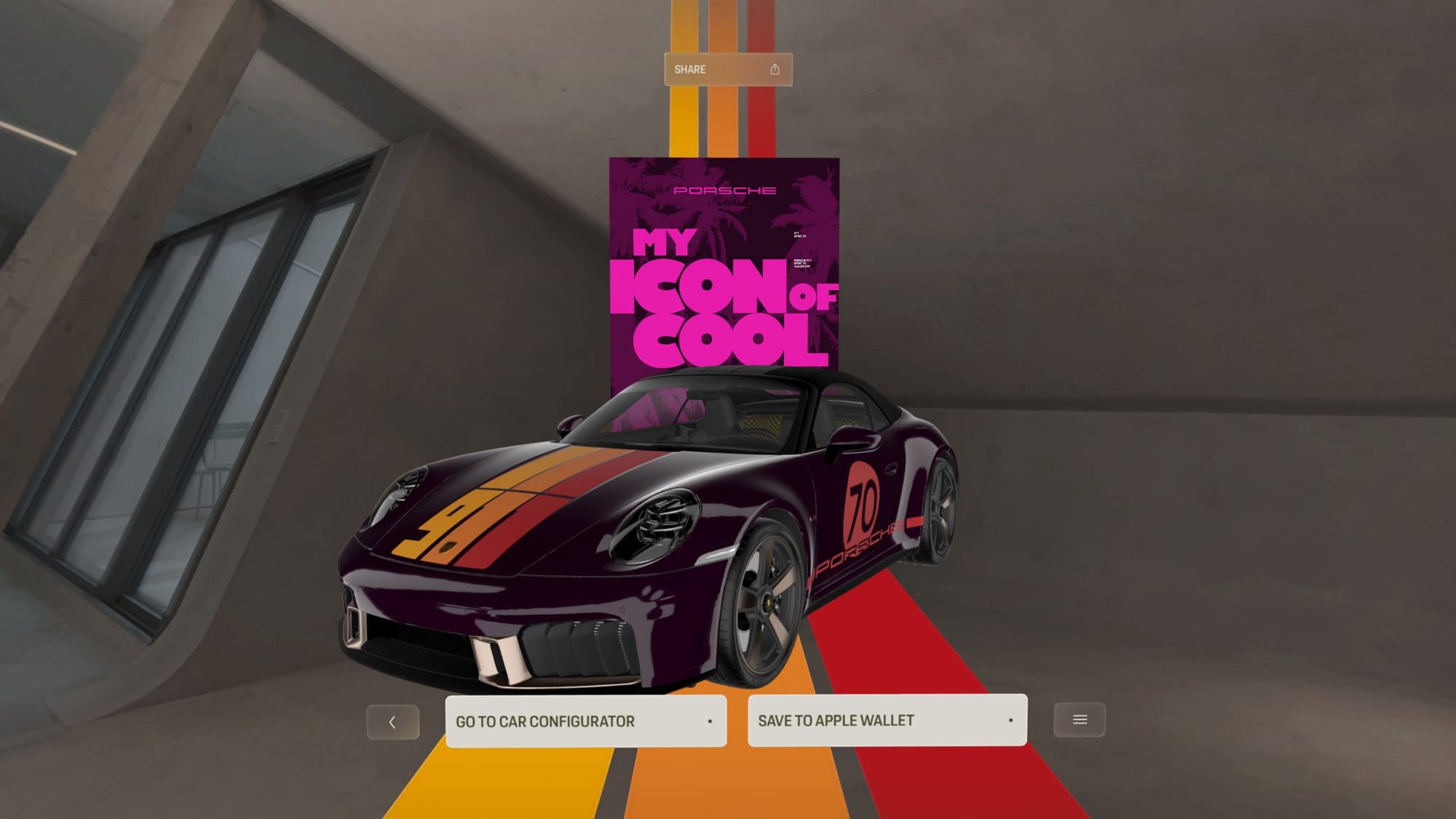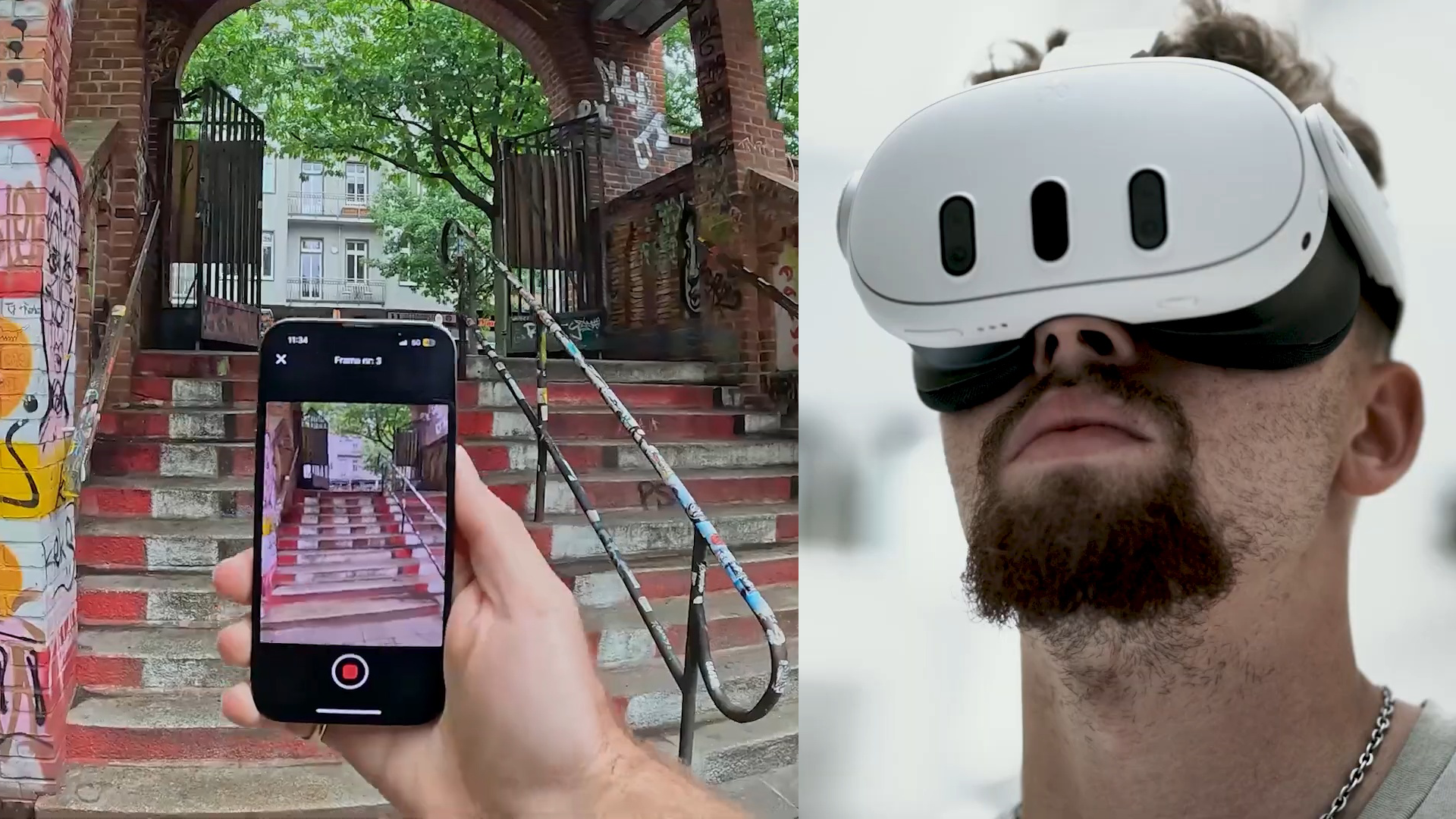About one third of young adults are skeptical about democracy
Almost a third of 18-29 year olds are disengaged politically and more open to authoritarianism, according to new survey.
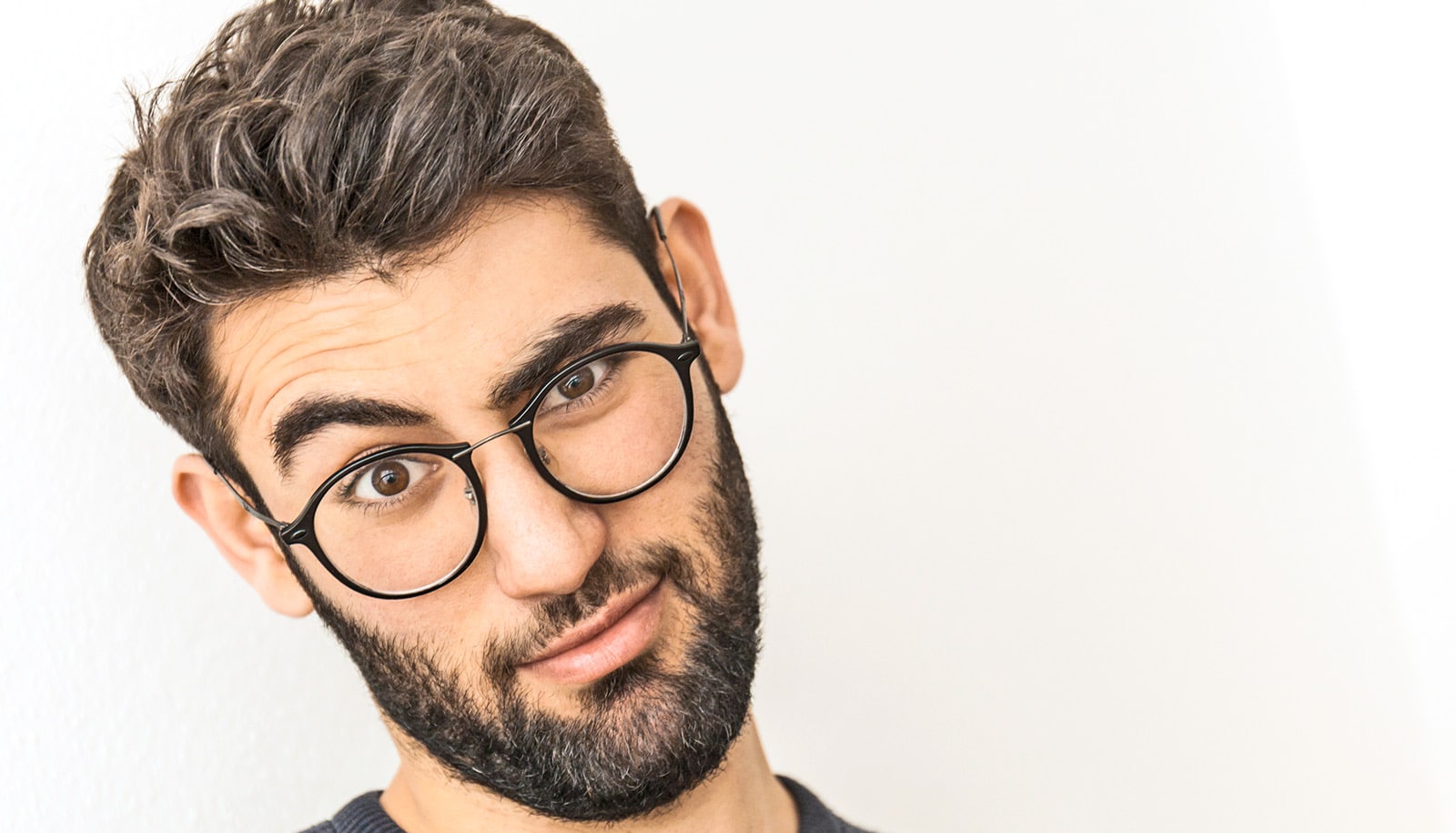

While almost two-thirds of young people in the US support democracy, almost a third view it skeptically and are more inclined to accept authoritarianism, according to a new report on attitudes of youth in America after the 2024 elections.
In a nationally representative poll of 18-29 year olds by the Center for Information & Research on Civic Learning and Engagement (CIRCLE) at Tufts University’s Jonathan M. Tisch College of Civic Life and Protect Democracy, researchers found that 62% of the young people surveyed display “passive appreciation” for democracy, trusting government institutions, valuing democratic principles, and rejecting authoritarianism and political violence.
At the same time, the people in this group—who are more likely than the average to be conservative—are not civically engaged and do little more than vote, which doesn’t augur well for democracy, say the report authors.
And then there are the 31% of the Gen Z survey respondents who do not buy into the value of democracy, have little confidence that the system works, and show higher support for authoritarian governments than other youth. This group, which the researchers refer to as displaying “dismissive detachment” from democracy, vote at a similar rate as other youth, but rarely participate in political action, and believe that they cannot create political change.
They have the lowest levels of media literacy, say the researchers, “suggesting that they are often consuming political information without the ability or willingness to confirm its source, truthfulness, or intent.” They also have the lowest educational attainment and are more likely to be people of color, queer, and from lower-income households than the young people with a passive appreciation for democracy.
The smallest subset, at 7%, are considered to have “hostile dissatisfaction” with the political system. They value democracy, are the most politically active of all youth, and are most likely to be liberal, but are very critical of the state of democracy in the US today.
“Their frustrations with the current system run so deep that they are more willing to consider extreme measures to achieve political goals,” say the researchers.
The report is based on a survey of young people completed from November 14-26, 2024.
Though the groups are distinct in how they view democracy, there are no major differences between them in terms of age, gender, city-rural division, party affiliation, voter turnout, or even who they voted for in the 2024 election.
“This challenges some common narratives about which groups of young people are more or less supportive of democracy, and suggests that attitudes cut across the political and demographic spectrum within Gen Z,” says the report.
In the survey, more than four in five (81%) young people agree on the importance of having leaders elected in free and fair elections, while 80% say that fair laws and equal treatment of all people are essential. 72% say that elected leaders are not above the law, that the government should not limit First Amendment freedoms, and that it’s essential to have different views represented in politics.
A small minority do not rule out violence to achieve political goals. About 1 in 10 young people “say it is sometimes necessary to achieve progress or that they would support an organization that engages in political violence,” the report states.
On a more positive note, the percentage of youth who dislike and distrust those from political parties other than their own is low.
“Only 17% of young people agree that people who hold political opinions different from their own are ‘wrong,'” according to the report. In fact, 78% say leaders of opposing parties should work together, and two-thirds believe that those with deeply opposing political views can find common ground.
Still, confidence in the current democratic system in America is low. Only 36% of young people agree that it can address the issues the country is facing, and only 7% “strongly agree” with that sentiment. And a mere 16% think that democracy is working well for young people.
One survey respondent, who the researchers include in the “dismissive detachment” grouping, says that “our government is increasingly run by people who will not live [to] see the consequences of their implemented policies. As well as people who have never, or have forgotten what it’s like, to live as an average citizen with financial needs and pressures.”
The young people’s “sense that democracy is not working for them today may feed a perspective that democracy does not work at all and is not worth defending,” the researchers note.
The researchers make recommendations in the report on how to engage young people in defending and strengthening democracy, first by reforming the political system to meet their needs and “demonstrate the value of the democratic project in tangible ways,” the researchers write. “When young people do not feel they have the tools or ability to participate in a political system, they are less likely to value it.”
While it’s common to focus on race and gender when thinking about how young people view democracy and authoritarianism, “education, access, income, and community support emerge as far more influential to young people’s democratic attitudes,” according to the report. “By focusing on the gaps and disparities that emerge based on these factors, we can direct efforts and resources where they are needed most.”
Lastly, the researchers hold out hope that those youth who most value democracy can share that view with their more skeptical peers, and the ones more dissatisfied with democracy “can inject a sense of urgency into their peers whose satisfaction may be leading to complacency,” they write in the report, building “a common ground for conversation and action.”
Source: Tufts
The post About one third of young adults are skeptical about democracy appeared first on Futurity.

